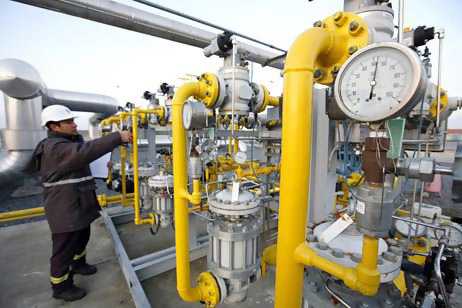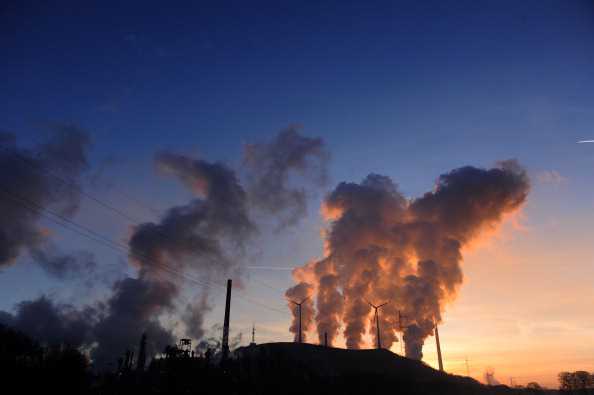Excess electricity capacity threatens investment in Turkey’s power industry and is leading Zorlu Enerji (ZOREN) Elektrik Uretim AS to favor an investment in a more economical coal-fired plant, its chief executive said.
Central bank policies aimed at slowing inflation and reducing the current-account deficit have sapped electricity demand and created a surplus as new plants are added to the national grid, Sinan Ak, Zorlu’s chief executive, said in an interview at an energy conference in Istanbul yesterday. The Istanbul-based company has interests in Turkey, Russia, Pakistan and Israel.
Turkey’s electricity surplus was about 4,500 megawatts last year, or 7.8 percent of total capacity, Energy Minister Taner Yildiz said at the same conference yesterday. That figure may double to as much as 10,000 megawatts this year, Ak said.
“This is causing players in the energy industry to be cautious about making new investment decisions, especially on natural gas-fired power plants,” Ak said. Zorlu has postponed its plans to build a gas-fired plant in the country and will focus on a coal-fired plant instead, he said.
The company will finalize an investment decision this year for a power plant to burn domestic lignite, or coal, with a maximum capacity of 1,000 megawatts, Ak said. That investment may cost more than $1 billion, he said, and Zorlu is in talks with Japanese and South Korean suppliers of generators and other equipment that can burn local lignite, he said.
More Economical
A coal power plant is more economical in an environment of excess capacity because unlike wind, solar or hydro plants, the coal plant produces energy only on demand, Ak said. It’s also less expensive to operate than a gas-fired plant, he said.
Turkish electricity demand fell 2.4 percent to 60.5 billion kilowatt-hours in the first quarter over the previous quarter, according to data from the state power transmission company Teias’s website. The country had 57,800 megawatts of power capacity at the end of March, the data shows.
Turkey’s gross domestic product probably expanded 2.4 percent in the first quarter, according to the median estimate of 27 economists surveyed by Bloomberg from April 19 to April 24. The economists reduced their forecast from 4.3 percent in the previous survey.
“We expect the central bank’s expansionary monetary policy starting from April to speed up economic activity in coming quarters,” Turker Hamzaoglu, an economist at Bank of America Merrill Lynch in London, said by e-mail today. He said the expansion in the first quarter was probably 3 percent. Warmer weather in the first quarter probably also helped to reduce power use, he said.
Israel Plans
Zorlu is the third-biggest of five electricity producers listed on the Istanbul Stock Exchange, with revenue of $291 million last year. Aksa Enerji, which is part-owned by Goldman Sachs Group Inc., is the biggest with revenue of $1 billion. Zorlu shares have gained 39 percent this year.
Zorlu has 770 megawatts of power capacity in Turkey, Russia and Pakistan and gas-fired power plant investments in Israel. It plans to increase capacity to 1,300 megawatts in two years by investing $1 billion, Ak said. The additions to capacity will include 250 megawatts in geothermal energy, 110 megawatts in wind and 150 megawatts in hydropower, he said.
“We plan to have a serious capacity increase in Israel in solar, wind and gas-fired plants,” he said. The company has a 42 percent stake in three power projects in Israel, one with 800 megawatts capacity that will start operations this year and two others with a total of 175 megawatts of capacity that will be active from 2014, he said.
Zorlu plans another 50-megawatt wind power plant in Pakistan after the first one starts operations in May, Ak said.
via Turkey Excess Power Seen Delaying Projects as Zorlu Prefers Coal – Businessweek.




